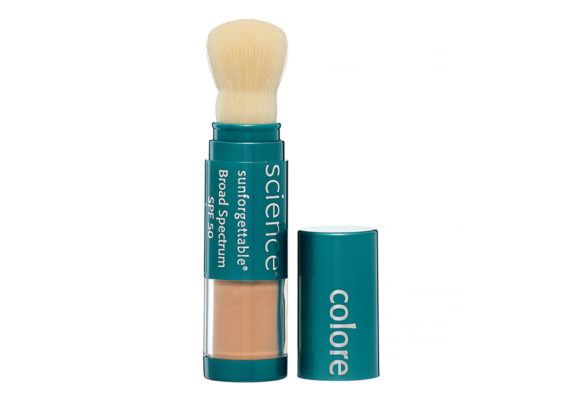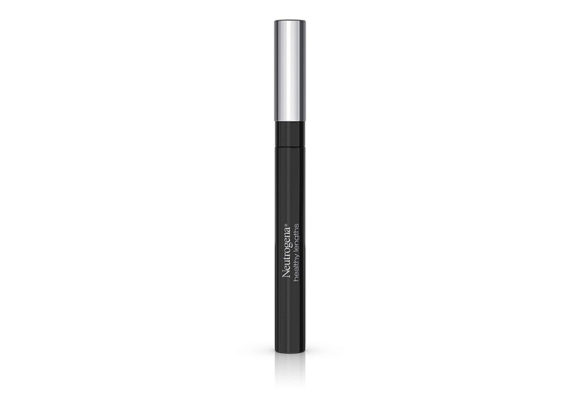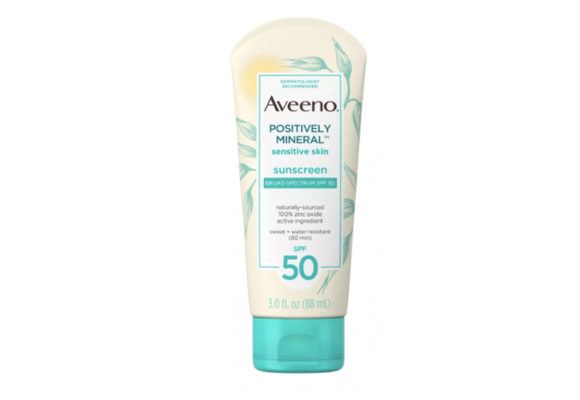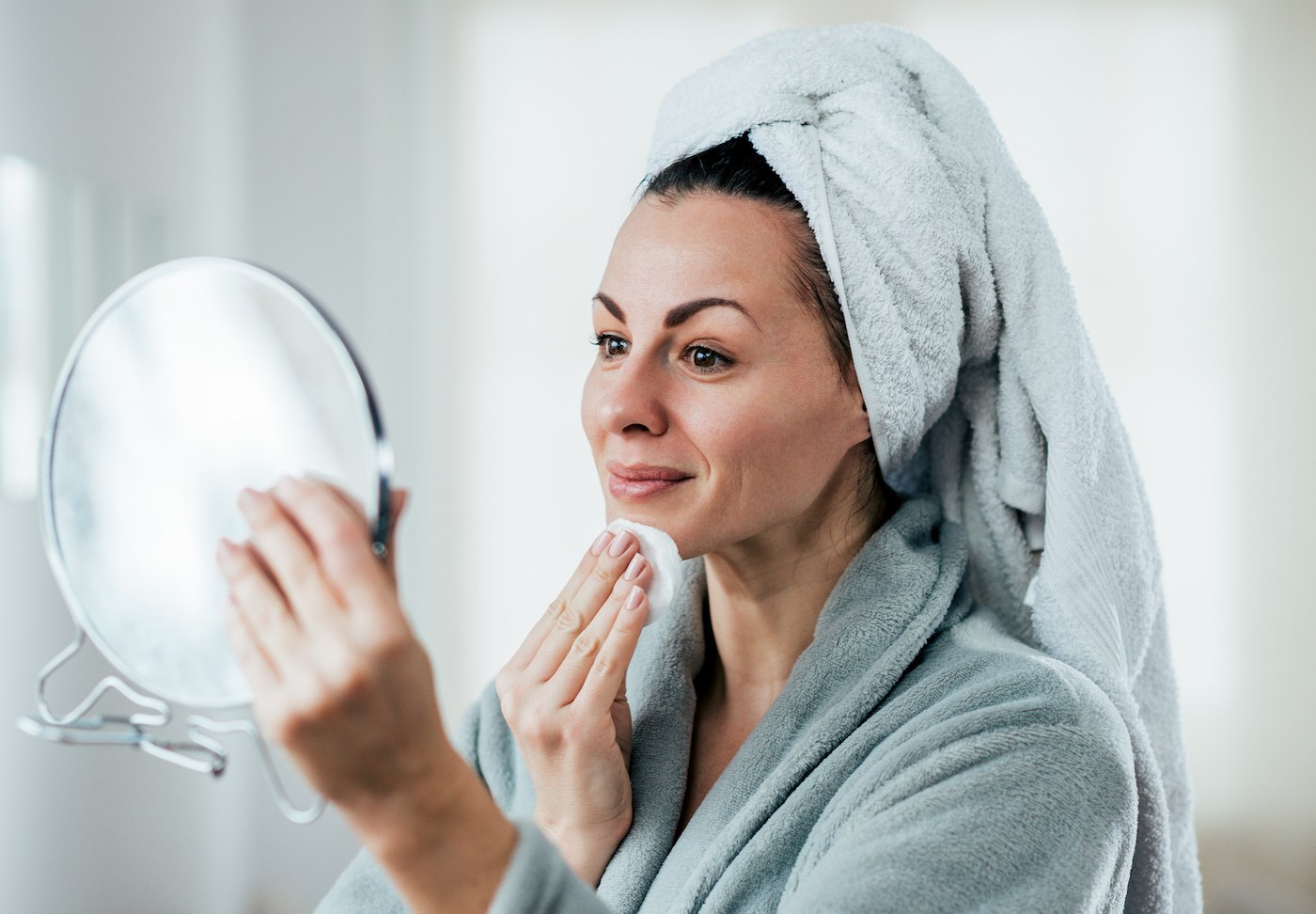
August 14, 2019 at 07:00AM by CWC
SPF seems like a skin-care product that should be considered one-size fits all.” Because no matter what skin type you have, everyone needs to protect their faces, and that’s kind of that. But sensitive skin—the kind that’s more prone to allergic reactions, dryness, or eczema—has certain requirements from a sunscreen’s ingredient label for the sake of being properly protected. The most important things when picking out sunscreen for sensitive skin? Wear it…365.
“Sunscreen doesn’t just protect you from sunburns, it also reduces the appearance of sun damage like hyperpigmentation, red spots, dry skin, and evens out the tone of your skin,” says Gretchen Frieling, MD, a Boston-based board certified dermatopathologist. “Not wearing sunscreen if you have sensitive skin is just not smart. You are only going to aggravate your skin, worsening the problem.”
So not only is it important to wear sunscreen for sensitive skin, but it’s also crucial that you’re using the right stuff. “When looking for a sunscreen, people with sensitive skin should look for formulas containing physical blockers only with either zinc or titanium dioxide, as these active ingredients are less likely to cause a reaction,” says Rita Linkner, MD, a board-certified dermatologist. In fact, zinc oxide is a key ingredient in many diaper rash creams, meant to soothe babies’ irritated skin, making it a great ingredient for those sensitive types looking for a sunscreen.
ADVERTISEMENT
ADVERTISEMENTKate Spade Autumn/Winter Sale |
While chemical filters such as avobenzone, oxybenzone, ecamsule, and octocrylene, could potentially cause irritation, Dr. Frieling points out that chemical sunscreens are tested on sensitive skin, so they’re usually pretty safe, too. “My advice is to test a small amount of the product on your skin and see if it causes irritation,” she says. When on the hunt for any SPF, you’ll also want to watch out for one other thing: Fragrance, which can be irritating to sensitive skin types.
While everyone should be slathering at least an SPF 30 on their faces every morning (even when it’s cloudy!), people with sensitive skin may want to opt for something with even more protection. “Overall, the ideal SPF for someone with sensitive skin is close to 50, because that’s the number where you’re maximizing your UVB protection,” says Dr. Linkner. “As SPF levels increase beyond 50, the formulations tend to be thicker and leave a chalkier appearance, and most people will under-compensate that white chalkiness by not utilizing the right amount of sunscreen with each application.”
Here, the pros recommend three options that will keep sensitive skin happy—and protected—all summer (and all year) long.

Colorscience Total Protection Brush on Shield SPF 50 ($49)
Dr. Linkner calls this product her “favorite sunscreen for sensitive skin,” because “it’s like magic dust with just the right SPF.” It comes in varying shades so can be used by different skin tones, and because it brushes on is a whole lot easier to apply than your usual lotions or creams, which, as we all know, will make you more likely to actually wear it on the reg.

EltaMD UV Clear Broad Spectrum SPF 46 ($35)
“I also like EltaMD UV Clear for its SPF46, which is the sweet spot for UVB protection as it filters out over 98 percent of UV light,” says Dr. Linkner, echoing the sentiments of a number of other dermatologists who have called out this particular ‘screen as one of their favorites. It does have a touch of avobenzone to compliment the zinc oxide, so if you’re sensitive to that ingredient, do a patch test first.

Neutrogena Sensitive Skin Sunscreen Broad Spectrum ($9)
For a drugstore-priced option, look no further than Neutrogena. “The key is going with a mineral sunscreen if you have sensitive skin, because those are always better tolerated,” says New York City-based dermatologist Dhaval Bhanusali, MD. “This one is amazing and an SPF 60.” And at $9 a pop, you can’t go wrong slathering it all over your entire body.

Aveeno Mineral Sensitive Skin Sunscreen SPF 50 ($10)
Dr. Bhanusali also loves this light mineral sunscreen from Aveeno. “It’s calming so great for sensitive skin but again, has broad coverage so the derm in me is super happy,” he says.
Dealing with breakouts? These are the sunscreens dermatologists recommend for acne-prone skin. And please, whatever you do, do not try to DIY your own SPF. Here’s why.
Author Zoe Weiner | Well and Good
Selected by CWC
ADVERTISEMENT
ADVERTISEMENTUp to 30% off Gift Sets |







